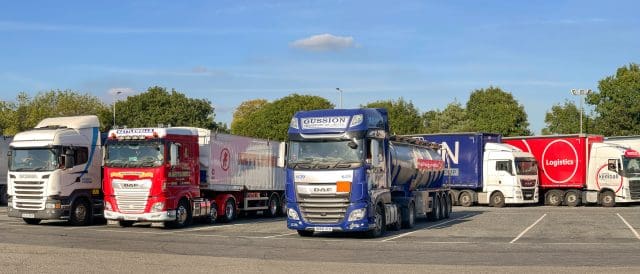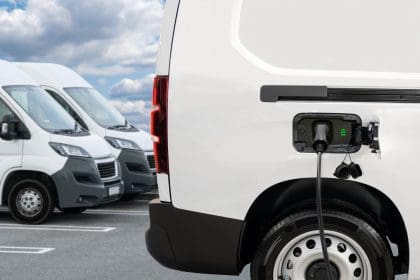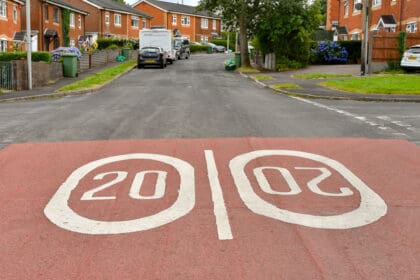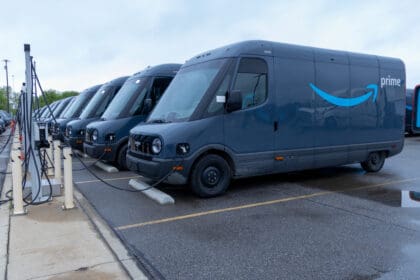Billions of pounds worth of goods are transported on our roads each year, making the lorries they are travelling in – and their drivers – targets for organised criminals. But there are many more victims involved as freight theft affects everyone – from HGV drivers to businesses, insurers and the economy as we all face higher prices.
Vulnerable
Vehicles are most vulnerable to thieves when they are stationary – especially for long periods – whether it is a taxi, family car or HGV carrying expensive electrical goods. This makes vehicles parked in motorway services particularly appealing to thieves as drivers may stop for a welcome break for several minutes, a few hours, or overnight for in HGVs, with potential hauls of valuable personal belongings to multi-million-pound hauls of goods at risk.
In a bid to tackle the ongoing problem, motorway service stations have spent hundreds of thousands of pounds upgrading security – and there are steps drivers can take to stop themselves and their vehicles becoming victim of organised crime gangs.
The freight fleet is particularly at risk because of the length of time drivers have to stop for rest breaks, making them sitting ducks for organised criminals. Unlike an opportunistic theft from a family car, gangs know what goods vehicles are carrying, the routes they will take and where they will stop. They come prepared with equipment to break into an HGV, as well as another lorry or several vans to transport their lucrative hauls.
The latest crime figures bear this out, with levels of goods reported stolen from lorries having trebled to £111.5 million annually – and the total cost to the economy being an estimated £700 million. This includes damage to haulage vehicles, the stolen property, delays and inconvenience caused by repairs and replacements, as well as any physical and psychological injuries drivers may suffer.
Lasting damage
Fleet News reports that the toll it takes on drivers, making it more difficult for firms to recruit and retain staff, as well as pushing up the price of goods and insurance.
Road Haulage Association managing director Richard Smith said: “These figures highlight the fact that freight crime is becoming more serious, more organised, and more intelligence led.
“Criminals have always known what goods are moving, when they’re moving and where they’re most at risk – and now it’s even higher reward for them.
“Criminals are increasingly focusing on vulnerable vehicles parked independently in laybys and industrial estates.
This has led to huge security upgrades at services such as Watford Gap and Northampton Services on the M1 in Northamptonshire, where £250,000 has been spent on advanced automatic number plate recognition systems, more CCTV cameras and better fencing.
The BBC reports that Roadchef, which owns the two sites, wants to create “safer, more secure environments for drivers”.
The work was funded by the county’s Police, Fire and Crime Commissioner, Danielle Stone.
Upgrades such as this are necessary to tackle the ongoing problem of freight crime by organised gangs. There are also steps drivers can take to protect themselves and their cargo.
They should make sure their lorries and loads are protected with the latest technology including alarms, trackers, CCTV and immobilisers. They should also consider electronic keys and biometric identification systems.
They can also take practical steps, such as avoiding parking somewhere isolated such as alone in a layby or industrial estate, and choose somewhere more secure, such as locked vehicle compound, or motorway services.
It is worth trying to park in areas covered by CCTV and lighting and with other lorries for extra safety as drivers look out for each other.
Because the rewards are so high, criminals will try anything to get their hands on freight. All drivers and hauliers can do is make it as difficult as possible for them which will make them reconsider a particular vehicle.




